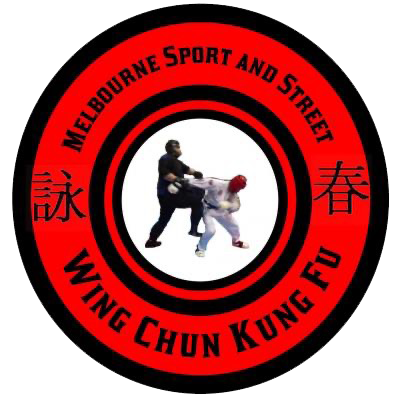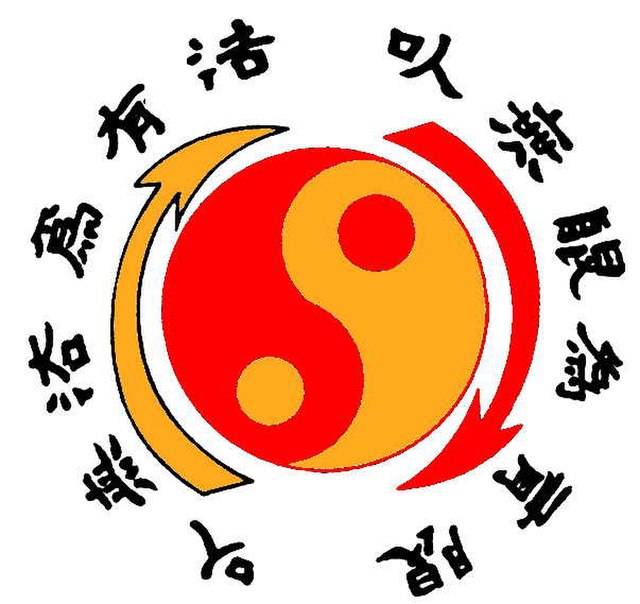6 Martial Artists Who Revolutionized Their Respective Styles
Introduction:
The world of fighting styles has been shaped by extraordinary martial artists who have gone beyond mastering traditional techniques. These visionary individuals have revolutionized their respective fighting styles, leaving a lasting impact on the entire fighting styles community. As an experienced instructor, I am excited to share the stories of these trailblazers who have changed the course of their disciplines and inspired generations of martial artists.
Bruce Lee – Redefining Martial Arts with Jeet Kune Do

Bruce Lee, often hailed as the “Little Dragon,” was a legendary martial artist and actor who transformed the way people viewed fighting styles. His greatest contribution was the development of Jeet Kune Do, a martial art that emphasized efficiency, adaptability, and freedom of expression. Bruce Lee rejected the rigid forms and techniques of traditional martial arts, advocating for a philosophy that encouraged martial artists to absorb what is useful and discard what is unnecessary. Jeet Kune Do revolutionized the fighting landscape by challenging the status quo and encouraging a deeper understanding of combat principles.
The Influence of Philosophy on Jeet Kune Do
At the core of Jeet Kune Do was Bruce Lee’s personal philosophy, which emphasized self-awareness, constant self-improvement, and the breaking of boundaries. His teachings extended beyond physical techniques, urging students to embrace their individuality and cultivate a deeper understanding of themselves. This integration of philosophy and martial arts made Jeet Kune Do a holistic and transformative approach to fighting styles.
Helio Gracie – The Evolution of Brazilian Jiu-Jitsu

Helio Gracie was a Brazilian martial artist who played a pivotal role in transforming Brazilian Jiu-Jitsu (BJJ) from its traditional roots. Despite being physically frail, Helio Gracie focused on leveraging technique and leverage rather than relying on sheer strength. His greatest achievement was refining BJJ’s ground grappling techniques, making it an effective martial art for self-defense and combat against larger opponents. Helio Gracie’s adaptations paved the way for the evolution of BJJ into one of the most dominant styles in modern mixed martial arts (MMA) competitions.
The New Art of Ground Fighting for Martial Artists
Helio Gracie’s innovations in Brazilian Jiu-Jitsu revolutionized ground fighting techniques. He introduced a focus on submissions and positional dominance, allowing martial artists to control and submit opponents on the ground effectively. This transformation not only made BJJ an integral part of MMA but also changed the landscape of fighting competitions worldwide.
Morihei Ueshiba – The Harmony of Aikido
Morihei Ueshiba, also known as O-Sensei, was the founder of Aikido, a martial art that emphasizes harmony and non-resistance. His greatest achievement was infusing Aikido with spiritual and philosophical elements, creating a martial art that sought to blend with an opponent’s energy rather than oppose it. O-Sensei’s vision of Aikido as “the way of harmony with the universe” set it apart from more combative fighting styles, attracting martial artists seeking a path of personal growth and enlightenment.
The Philosophy of Aikido
Morihei Ueshiba’s spiritual beliefs heavily influenced the principles of Aikido. His philosophy emphasized the importance of compassion, empathy, and love for all living beings. In Aikido, martial artists learn to redirect an opponent’s energy and use minimal force to neutralize attacks, making it a martial art focused on self-defense without causing harm. O-Sensei’s teachings continue to inspire martial artists to seek a deeper understanding of themselves and their connection to the world.
Jigoro Kano – The Modernization of Judo
Jigoro Kano was the founder of Judo, a martial art that evolved from traditional Jujitsu techniques. His greatest achievement was the systematic approach he introduced to training. Kano incorporated a grading system, which included colored belts to signify skill levels, and established competitive rules to enhance Judo’s effectiveness as a sport. These innovations not only popularized Judo but also shaped the development of other fighting competitions.
The Principles of Judo
Jigoro Kano’s philosophy for Judo was based on the concept of “maximum efficiency with minimum effort.” He sought to create a martial art that allowed smaller individuals to overcome larger opponents through technique and leverage. The principles of balance, flexibility, and timing in Judo continue to be fundamental components of various fighting styles and disciplines.
Michelle Yeoh – Elevating Martial Arts in Cinema

Michelle Yeoh is a martial artist and actress known for her captivating performances in action fighting films. Her greatest achievement was elevating the portrayal of women in martial arts cinema, breaking stereotypes and proving that women could be powerful and skilled fighters on the big screen. Through her exceptional martial arts skills and dedication to her craft, Michelle Yeoh inspired a new generation of female martial artists and contributed to the recognition of fighting styles in popular culture.
Shattering Gender Stereotypes
Michelle Yeoh’s roles in films like “Crouching Tiger, Hidden Dragon” and “Supercop” showcased strong, skilled, and empowered female characters, challenging traditional gender roles in action films. Her impact on martial arts cinema has not only inspired women but also broadened the appreciation of fighting styles among diverse audiences worldwide.
Yuen Kay Shan – The Master of Wing Chun Kung Fu

Yuen Kay Shan was a highly respected master of Wing Chun Kung Fu, an ancient Chinese martial art known for its practical and efficient techniques. His greatest achievement was his remarkable skill in combat, as he reportedly engaged in numerous duels and was never defeated. Yuen Kay Shan’s exceptional fighting abilities solidified his reputation as a true martial arts master and helped preserve the legacy of Wing Chun Kung Fu.
Legacy of Invincibility
Yuen Kay Shan’s combat prowess and the tales of his undefeated record have become legendary in the world of martial arts. His expertise in Wing Chun Kung Fu showcased the art’s practicality and effectiveness in real-life situations. His legacy continues to inspire practitioners of Wing Chun Kung Fu to strive for excellence and maintain the art’s rich heritage.
Conclusion
These influential martial artists have left an indelible mark on the world of fighting styles, redefining their respective styles and inspiring countless martial artists to follow in their footsteps. From Bruce Lee’s philosophy of Jeet Kune Do to Michelle Yeoh’s impact on action cinema and the combat prowess of Yuen Kay Shan, each of these visionaries has shaped the martial arts landscape in unique and profound ways.
As aspiring martial artists, we can draw valuable lessons from these trailblazers. Their dedication, innovation, and unwavering spirit can guide us on our own martial arts journey, encouraging us to challenge boundaries, embrace new perspectives, and seek personal growth both on and off the mat.
As the world of fighting styles continues to evolve, let us remember and honor the contributions of these influential figures who have shaped the martial arts community into the diverse and dynamic landscape it is today.

